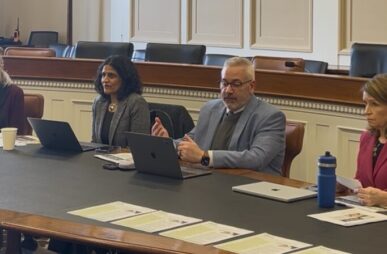Health advocates clash with chemical industry as Congress proposes TSCA changes
Scientists and health advocates say proposed changes to a key US chemicals safety law would upend protections for children and other vulnerable populations suffering from toxic exposures, while industry leaders argue the changes would help them get new chemicals to market without sacrificing safety.









